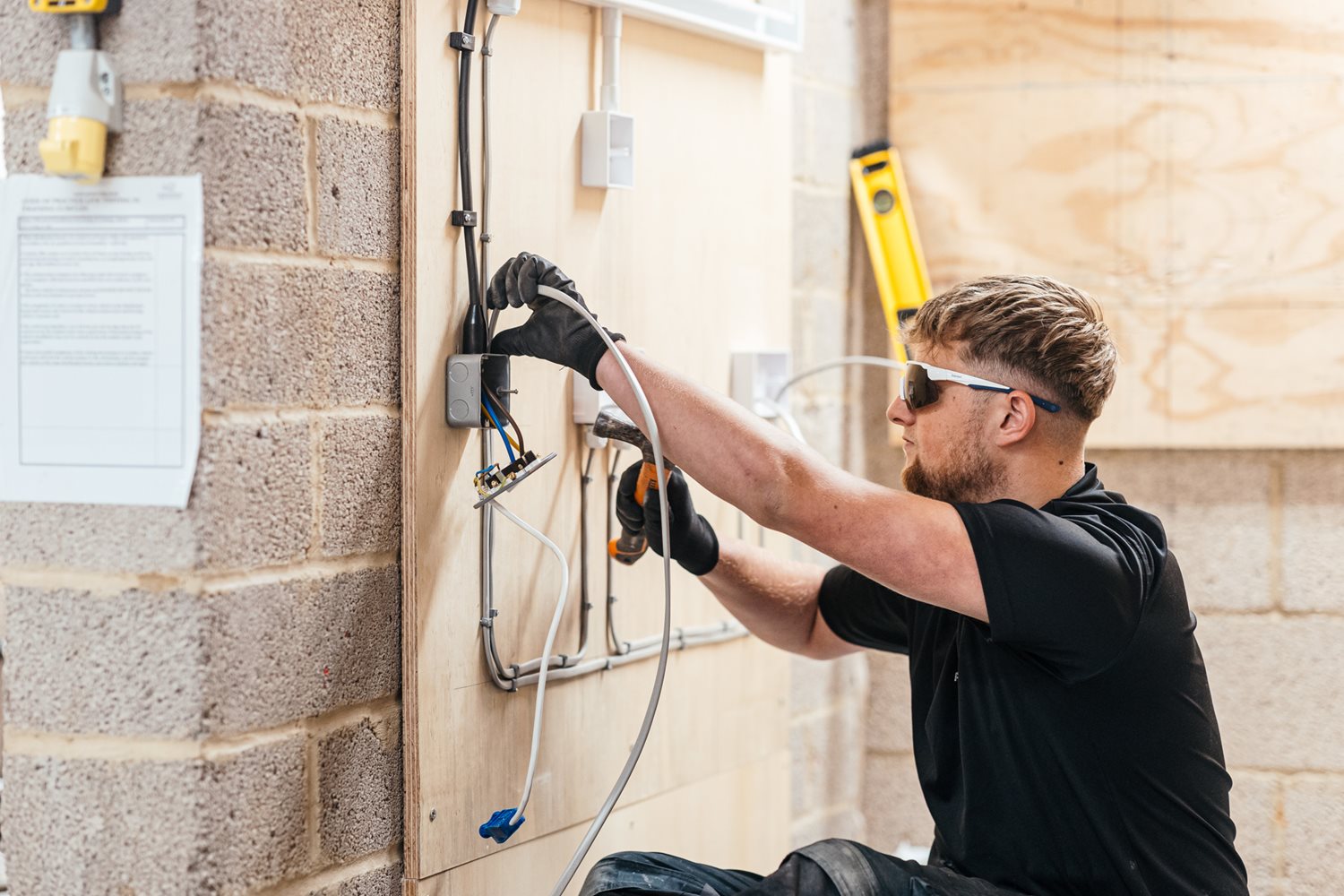The UK government has published its response to the consultation on electrical safety in the social rented sector
The UK Government’s recent response to the consultation on electrical safety in the social rented sector in England marks a significant and welcome step toward ensuring safer homes for tenants in the social rented sector. The proposals, which aim to extend existing regulations from the private rented sector to social housing in England.
The government’s decision to consult on extending electrical safety regulations to the social rented sector followed high-profile incidents, most notably the Grenfell Tower fire, which highlighted systemic issues in housing safety and regulation.
At the heart of the government’s response is the introduction of mandatory electrical installation checks every five years for all social rented homes. This aligns the social rented sector with the private rented sector in England, where such checks have been a legal requirement since 2020. The move is a clear signal that safety standards should not vary based on tenure. The consultation responses from individuals and organisations, revealed overwhelming support for the proposals.
The proposals also include mandatory appliance testing for all electrical appliances supplied by social landlords as part of a tenancy. This would help to ensure that it is not only the fixed wiring of a property that is checked for safety but also the everyday appliances that tenants rely on. This will mean that when a competent person carries out a five yearly check, they should confirm that the PAT is up to date for appliances provided as part of a tenancy.
The government has confirmed it will introduce new regulations mandating electrical safety checks in the social rented sector. The government has also acknowledged the need for further consideration of owner-occupier leasehold properties within social housing blocks.
Draft legislation has already been laid before Parliament, with key provisions set to come into force from 1 November 2025, and full implementation for existing tenancies by 1 May 2026. The government also plans to issue further guidance to support landlords in meeting these new obligations and will publish a separate response regarding owner-occupier leasehold properties in social housing.
In welcoming the outcome of the government’s call for evidence, we also look ahead to implementation of the changes. The introduction of these regulations will require collaboration across the sector, from policymakers and housing associations to contractors and tenant groups. Social landlords will need clear guidance, adequate resources, and support to meet these new requirements. Equally, tenants must be informed of their rights and reassured that their safety is a top priority.
The government’s decision to consult on extending electrical safety regulations to the social rented sector followed high-profile incidents, most notably the Grenfell Tower fire, which highlighted systemic issues in housing safety and regulation.
At the heart of the government’s response is the introduction of mandatory electrical installation checks every five years for all social rented homes. This aligns the social rented sector with the private rented sector in England, where such checks have been a legal requirement since 2020. The move is a clear signal that safety standards should not vary based on tenure. The consultation responses from individuals and organisations, revealed overwhelming support for the proposals.
The proposals also include mandatory appliance testing for all electrical appliances supplied by social landlords as part of a tenancy. This would help to ensure that it is not only the fixed wiring of a property that is checked for safety but also the everyday appliances that tenants rely on. This will mean that when a competent person carries out a five yearly check, they should confirm that the PAT is up to date for appliances provided as part of a tenancy.
The government has confirmed it will introduce new regulations mandating electrical safety checks in the social rented sector. The government has also acknowledged the need for further consideration of owner-occupier leasehold properties within social housing blocks.
Draft legislation has already been laid before Parliament, with key provisions set to come into force from 1 November 2025, and full implementation for existing tenancies by 1 May 2026. The government also plans to issue further guidance to support landlords in meeting these new obligations and will publish a separate response regarding owner-occupier leasehold properties in social housing.
In welcoming the outcome of the government’s call for evidence, we also look ahead to implementation of the changes. The introduction of these regulations will require collaboration across the sector, from policymakers and housing associations to contractors and tenant groups. Social landlords will need clear guidance, adequate resources, and support to meet these new requirements. Equally, tenants must be informed of their rights and reassured that their safety is a top priority.






